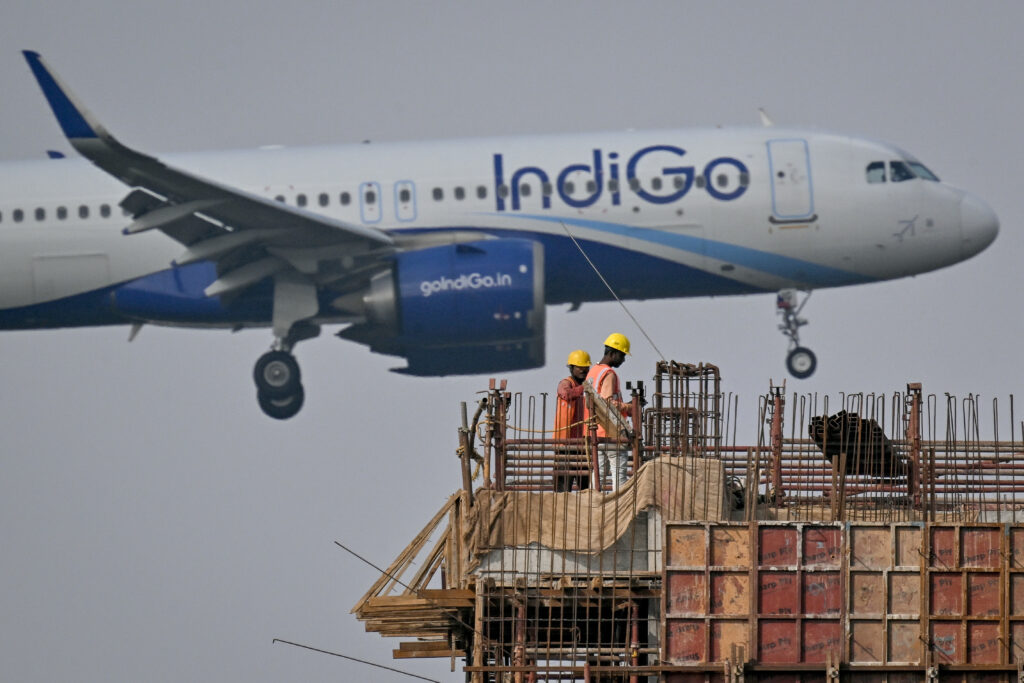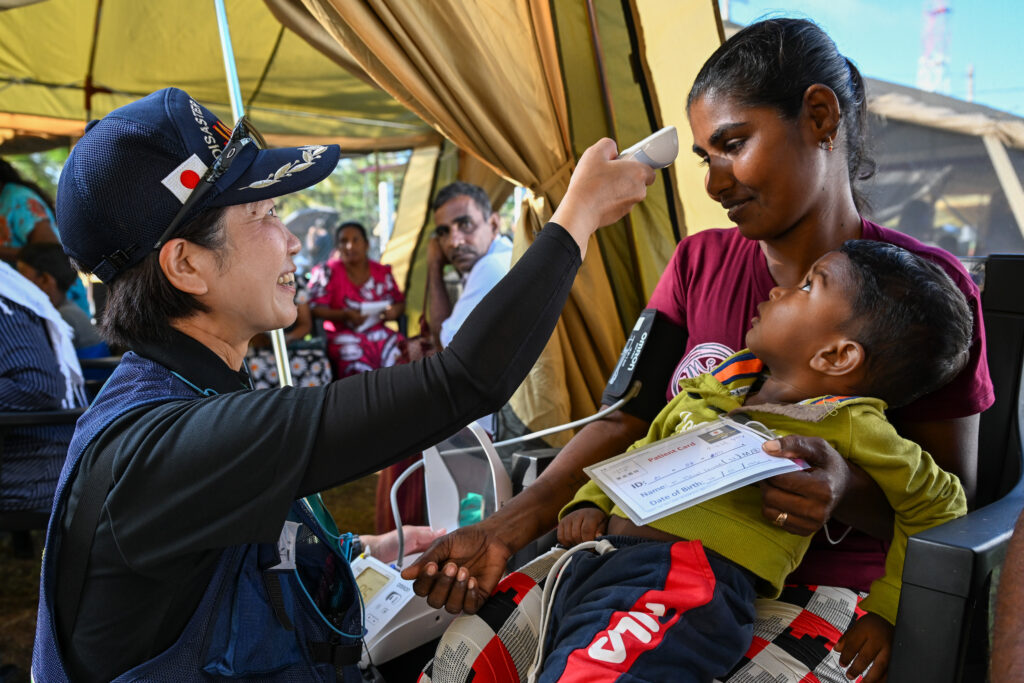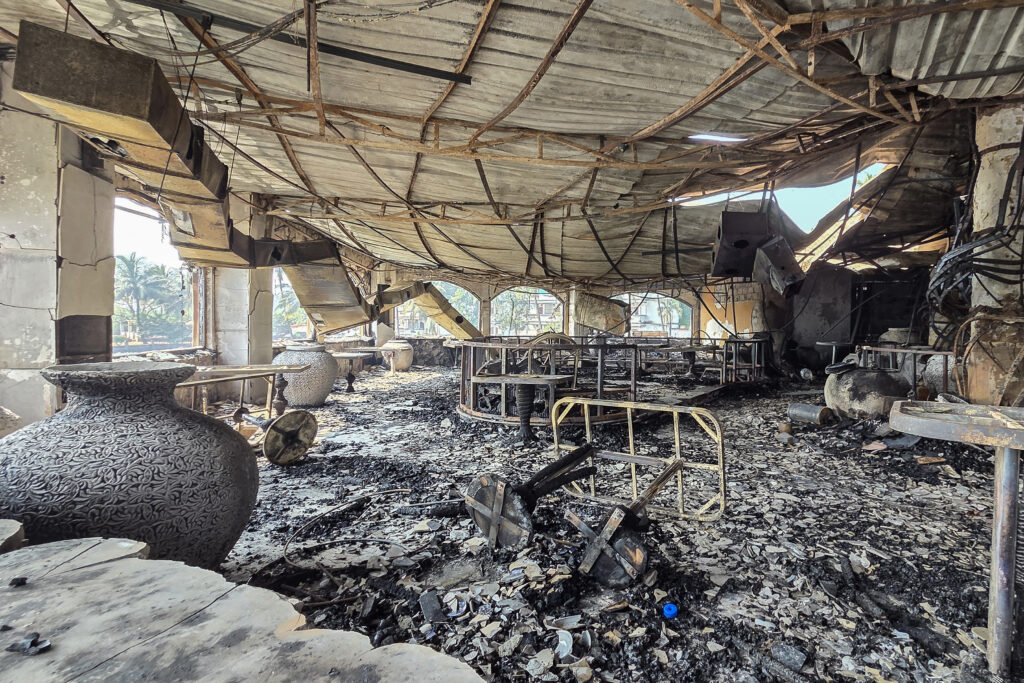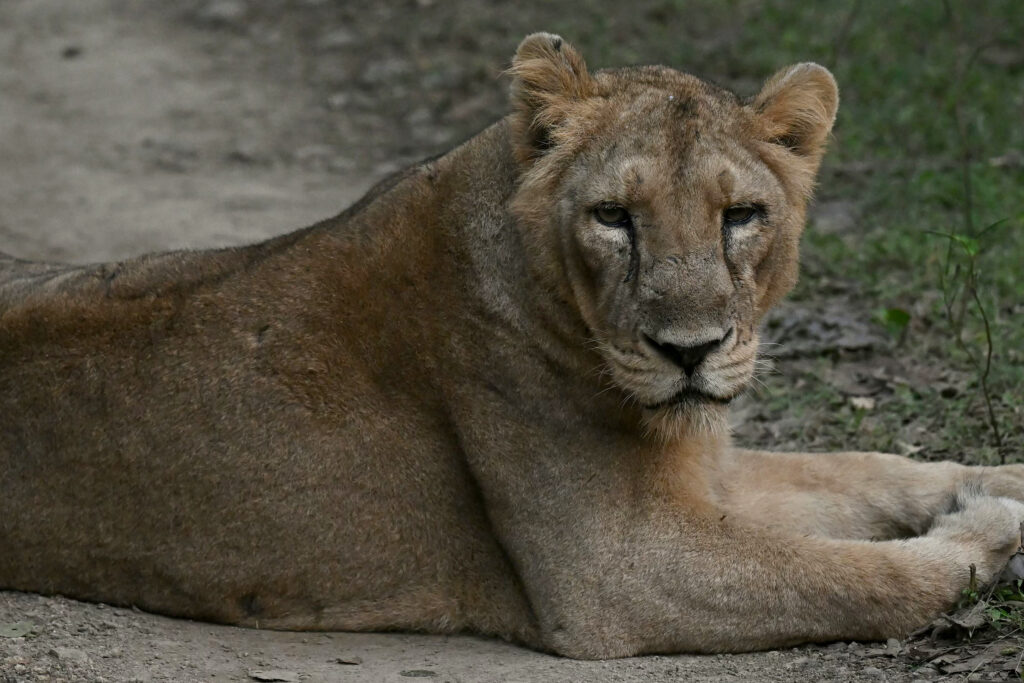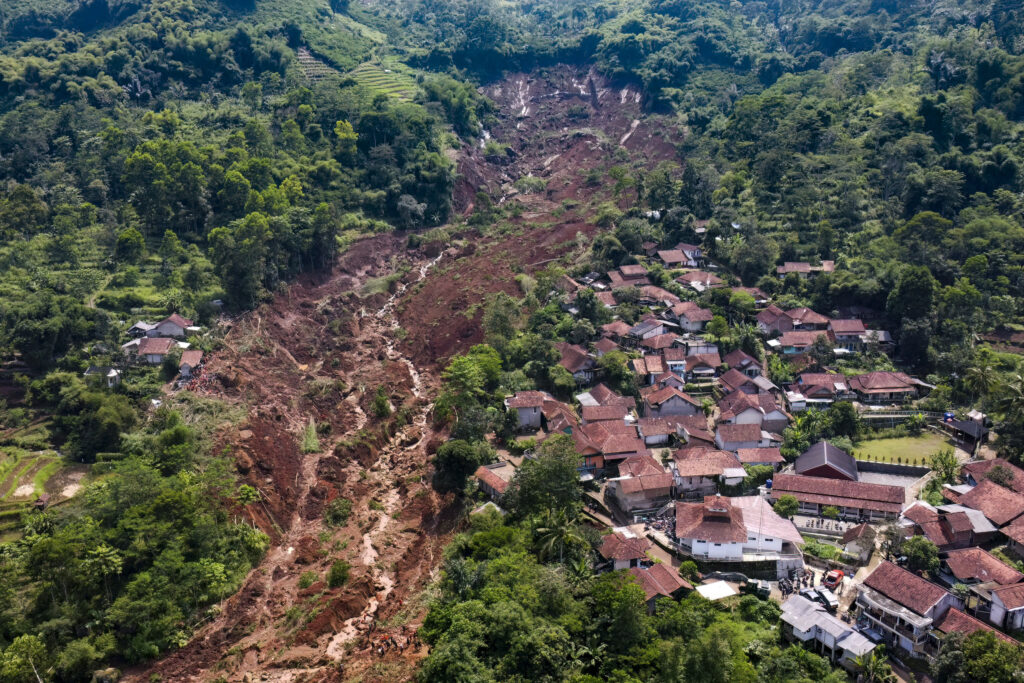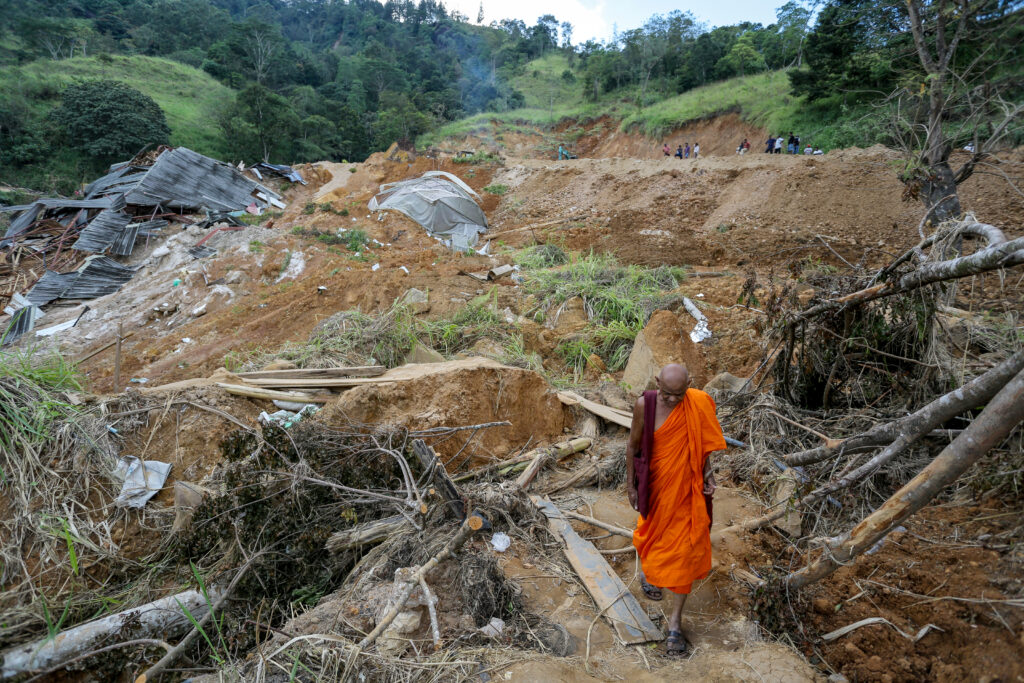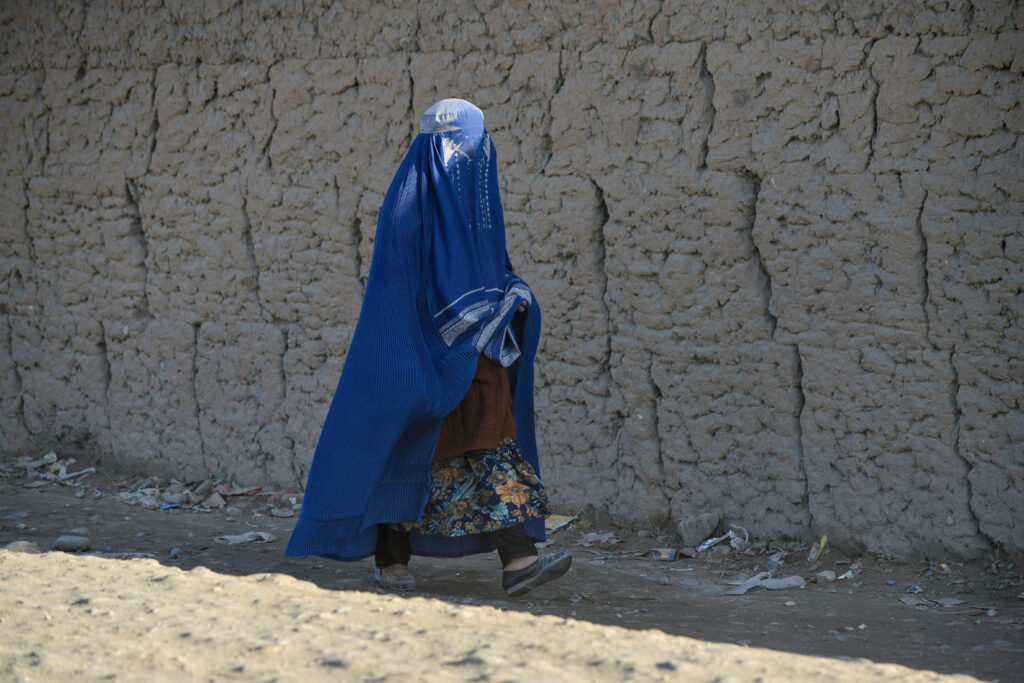Microsoft announces $17.5 bn investment in India, its ‘largest ever’ in Asia
Global technology giant Microsoft announced on Tuesday plans to invest $17.5 billion to help build India’s artificial intelligence infrastructure, with CEO Satya Nadella calling it “our largest investment ever in Asia”.Several global corporations have announced large investments this year in the South Asian nation, which is projected to have more than 900 million internet users by year’s end.”To support the country’s ambitions, Microsoft is committing US$17.5B (billion) — our largest investment ever in Asia — to help build the infrastructure, skills, and sovereign capabilities needed for India’s AI first future,” Nadella said in a post on X.Nadella made the announcement on social media after he met Prime Minister Narendra Modi in New Delhi, thanking the leader for “an inspiring conversation on India’s AI opportunity”.In a statement, Microsoft said the investment would be spread over four years.”Together, Microsoft and India are poised to set new benchmarks and drive the country’s leap from digital public infrastructure to AI public infrastructure in the coming decade,” the statement said.The tech giant said one of the key priorities of its investment plan was “building secure, sovereign-ready hyperscale infrastructure to enable AI adoption in India”.”At the heart of this effort is the significant progress being made at the India South Central cloud region, based in Hyderabad — that is set to go live in mid-2026,” Microsoft added.The planned cloud region is twice the size of the iconic Eden Gardens stadium in India’s eastern city Kolkata, which has a capacity of over 65,000 people. Microsoft said the latest announcement “builds on” a previous investment pledge Nadella had made earlier this year, committing $3 billion for AI and cloud infrastructure in India over the next two years.Modi said he was “happy” that the tech giant had chosen India as the destination for its largest investment in Asia.”The youth of India will harness this opportunity to innovate and leverage the power of AI for a better planet,” the prime minister said in a post on X. “When it comes to AI, the world is optimistic about India,” Modi added.- ‘Tremendous potential’ -Modi on Tuesday also met with the heads of tech firms Intel and Cognizant.Intel CEO Lip-Bu Tan said the company was “committed to support India’s semiconductor mission”.”We had a wide-ranging discussion on a variety of topics related to technology, computing and the tremendous potential for India,” Tan said in a post on X.Cognizant said its CEO Ravi Kumar S met with the prime minister “for an inspiring conversation on accelerating AI adoption and advancing education and skill development to enhance AI capabilities and productivity”.Global technology giants are aggressively courting more users in India, the world’s most populous country and fifth-largest economy.A special area of focus has been artificial intelligence with US startup Anthropic in October unveiling plans to open an office in India. Its chief executive Dario Amodei has also met Modi.The same month, Google said it will invest $15 billion in India over the next five years, as it announced a giant data centre and artificial intelligence base in the country.OpenAI has said it will open an India office, with its chief Sam Altman noting that ChatGPT usage in the country had grown fourfold over the past year.AI firm Perplexity also announced a major partnership in July with Indian telecom giant Airtel, offering the company’s 360 million customers a free one-year Perplexity Pro subscription.But India’s bid to become a global technology and artificial intelligence hub is colliding with increasingly tightening digital regulations.According to recent media reports, authorities are drafting plans to ensure that manufacturers enable satellite location tracking in smartphones that cannot be turned off by users — a proposal that rights groups have raised the alarm over.

